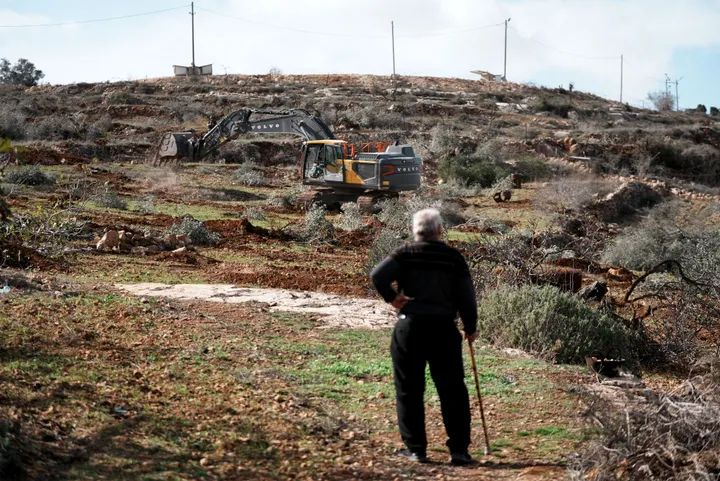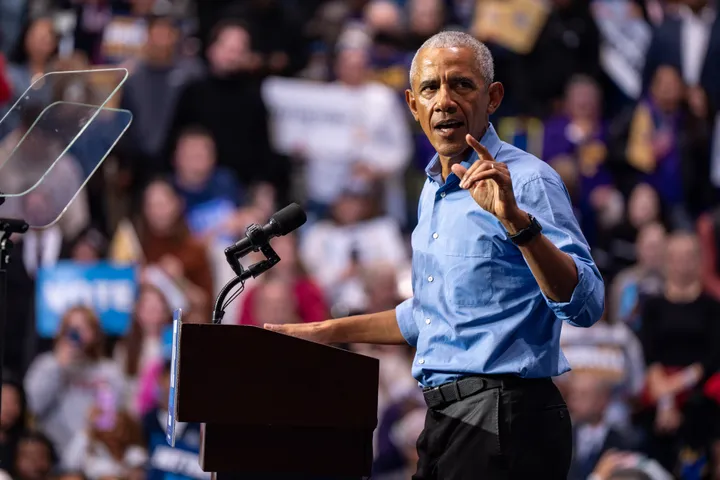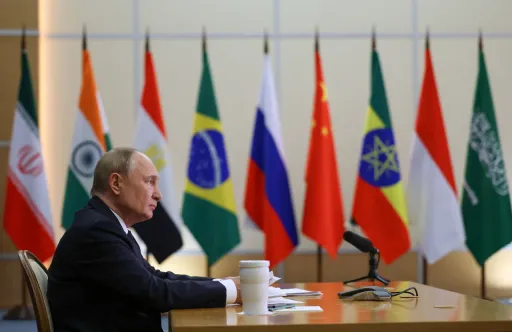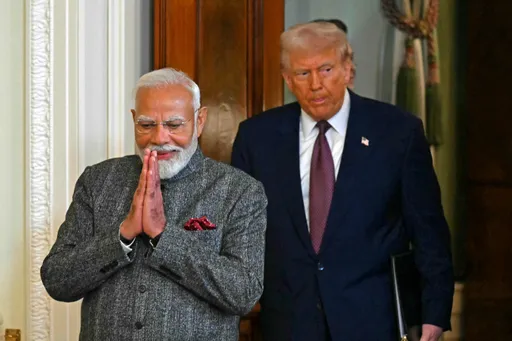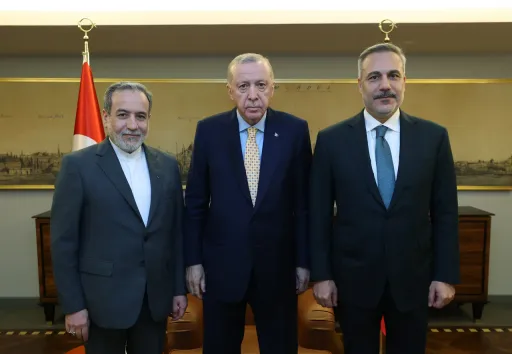By Abdulwasiu Hassan
Chocolate is in the throes of a meltdown as an unprecedented shortfall in supply from the sun-kissed cacao plantations of West Africa sends cocoa prices spiralling to an all-time high.
The price of a tonne of cocoa — extracted from the beans of the Theobroma cacao tree —more than doubled in the first few months of 2024 and trebled over the past year to around US $10,000.
The price spike has been a cross to bear for chocolate manufacturers and consumers alike, reflected in the cost of popular products like Easter eggs and chocolate bunnies going up 50% in just about a year.
Conversely, this means a tonne of cocoa is now eleven times more valuable than the equivalent volume of oil, becoming a primary foreign exchange earner for some West African countries.
So, does this unprecedented churn in cocoa production and marketing portend a windfall for the continent?
Ghana, Ivory Coast, Nigeria, and Cameroon collectively produce about 75% of the world's cocoa, which should logically translate into these countries benefiting from the unprecedented increase in the price of the raw material.
In reality, the business of cocoa production is more layered than a chocolatier's labour of love.
Supply crunch
Since the primary cause of the rise in cocoa prices is a decline in production, this automatically limits the extent to which producers can profit from the global price increase.
Various studies attribute the sharp drop in cocoa supply to a trifecta of factors – illegal gold mining, climate change and ageing, disease-ridden plantations.
Ghana's cocoa marketing board, Cocobod, estimates that 590,000 hectares of plantations have been infected with swollen shoot, a virus that will ultimately kill them, according to a Reuters report.
This and other factors create a bleak outlook for the global cocoa supply chain in the months ahead.
The International Cocoa Organisation estimates that supply is expected to decline 11% this season, compounding the supply deficit.
Mixed reactions
As the cocoa crisis deepens, there is a sense of anticipation among farmers whose plantations have so far escaped the diversity of problems affecting the rest of the industry.
Although there has not yet been an official announcement about any price increase by cocoa boards of the significant bean-producing countries, the buzz in the market is that Ivory Coast has already raised the farm gate price by 50%.
N'koh Ambroise, a chocolate maker from Ivory Coast, is happy about the surge in cocoa prices in the global market. "It's a fair reward, something that should have come long ago," he tells TRT Afrika.
Ambroise doesn't just craft delectable chocolate. He is a renowned organic cocoa farmer in his native country. Organic beans from his farm would cost five times the price of ordinary cocoa even before the price surge induced by a decline in supply.
"As far as the price of cocoa is concerned, let's say it has positively impacted my business," says Ambroise.
While this is a far cry from the sentiments of chocolate consumers and stakeholders in the business of processing cocoa into finished products, Ambroise believes it isn't fair that the continent which supplies the bulk of the produce makes just about 3% of the value chain.
"At this rate, in a few years, there won't be a single cocoa plantation left. The producers' children would rather be doing something else than continuing to drag the devil by the tail," he explains.
Some analysts believe the price hike is good for the industry, which hitherto yielded minimal benefit to farmers, mainly in Africa.
The hypothesis is that higher cocoa prices would attract investment in plantations, which would, in the long run, bridge the supply gap causing the price spike.
➤Click here to follow our WhatsApp channel for more stories.



